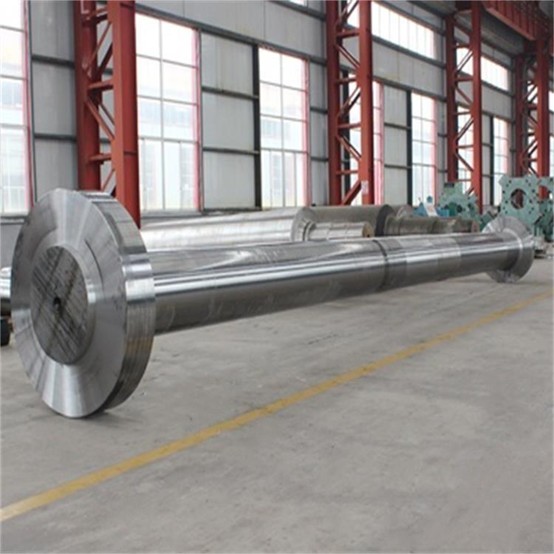Forging processes play a crucial role in the fabrication of metal materials, significantly enhancing their various properties. This article will explore how forging processes affect the performance of metal materials and analyze the underlying reasons.
First and foremost, forging processes can markedly improve the mechanical properties of metal materials. During forging, the application of high pressure promotes grain refinement and a more uniform microstructure. This fine and uniform structure contributes to increased hardness and strength. Additionally, the forging process effectively eliminates internal defects, such as porosity and inclusions, further enhancing mechanical performance. As a result, carefully designed forging techniques can lead to significant improvements in the strength and toughness of metal materials.
Furthermore, the forging process also has a significant impact on the corrosion resistance of metal materials. Forging alters the grain structure and distribution of chemical components, thereby enhancing corrosion resistance. By controlling the parameters of the forging process, a dense grain structure can be achieved, which minimizes micro-defects such as grain boundaries and inclusions. This compact structure effectively inhibits the penetration of corrosive media, thus improving the corrosion resistance of the metal materials. Moreover, forging can enhance the surface quality of the materials, reducing surface defects and further boosting their resistance to corrosion.
The forging process also considerably influences the thermal treatment properties of metal materials. By adjusting the temperature and pressure during forging, the quantity and distribution of phases amenable to heat treatment can be altered. For instance, proper control of forging temperature and speed can facilitate the formation of refined grains and a homogeneous distribution of precipitated phases, thereby improving thermal treatment performance. Additionally, forging can lower the grain boundary energy of metal materials, enhancing the stability of the grain boundaries. Consequently, optimizing the forging process can improve a metal’s resistance to deformation and oxidation at elevated temperatures.
Finally, the forging process can enhance the fatigue performance of metal materials. Forging refines the grain structure and creates an ordered microstructure, which helps reduce stress concentration and improve fatigue resistance. Moreover, the elimination of micro-defects during forging decreases the presence of crack-sensitive areas, further enhancing the material’s fatigue performance.
In conclusion, the impact of forging processes on metal material performance is multifaceted. Forging not only improves mechanical properties, corrosion resistance, and thermal treatment capabilities but also enhances fatigue performance. By altering the grain structure and chemical composition distribution of metal materials, forging optimizes their overall performance. Therefore, it is essential to carefully select and control forging processes during metal material fabrication. Only through scientifically designed forging techniques can high-quality metal materials be produced to meet the demands of various applications and advance the field of materials science.
Post time: Oct-31-2024





